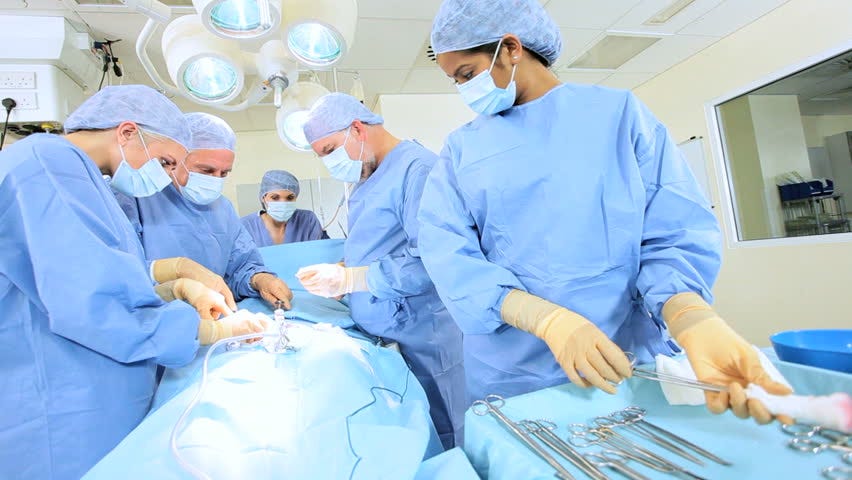Pharmacology Essentials: Understanding Medications in Practice
The landscape of medicine training courses is continuously evolving to better prepare healthcare professionals for the complexities of modern practice. In recent years, there has been a notable shift toward integrating broader, more diverse elements into medical education that extend beyond traditional clinical training.
One of the most significant changes is the increased emphasis on cultural humility. While cultural competence focuses on understanding and respecting diverse cultural backgrounds, cultural humility encourages an ongoing self-reflection about one’s biases and assumptions. Training programs are incorporating this concept, helping students recognize the importance of listening to and learning from their patients’ experiences. This approach fosters deeper patient-provider relationships and enhances the quality of care provided to diverse populations.
Another important trend is the incorporation of social entrepreneurship into medical training. Students are encouraged to develop innovative solutions to address health disparities in their communities. This might involve creating sustainable health initiatives, starting non-profits, or collaborating with local organizations to improve access to care. By nurturing entrepreneurial thinking, medical training prepares graduates to be proactive problem solvers who can drive change within the healthcare system.
Integrative and complementary medicine is gaining traction as well. Students are being exposed to holistic approaches that consider the full spectrum of a patient’s health, including physical, emotional, and spiritual well-being. This includes learning about practices such as acupuncture, herbal medicine, and nutrition therapy. Understanding these modalities allows future practitioners to offer comprehensive care that aligns with patients’ values and preferences.
Moreover, the field of healthcare technology is transforming how medical education is delivered. With the rise of online learning platforms and virtual simulations, students can access a wealth of resources and experiences that enhance their education. This technology-enabled approach allows for greater flexibility and can accommodate various learning styles. For example, virtual reality simulations enable students to practice surgical techniques or emergency responses in a realistic but safe environment, honing their skills before encountering real patients.
The importance of environmental health is also becoming a key focus in medical training. With growing awareness of corso intensivo per medico estetico teoria e pratica how environmental factors impact health outcomes, students are being taught to consider the effects of pollution, climate change, and access to clean water in their practice. This knowledge equips future healthcare providers to advocate for policies and practices that promote healthier environments, thus contributing to overall public health.
Narrative medicine is another innovative approach gaining prominence in medical education. This concept emphasizes the importance of patients’ stories in understanding their experiences and providing effective care. By incorporating narrative techniques into their training, students learn to appreciate the role of storytelling in medicine, enhancing their empathy and communication skills. This approach fosters a deeper understanding of patients’ perspectives and can lead to more personalized care.
Additionally, the integration of mental health training throughout the medical curriculum is becoming increasingly crucial. Understanding the mind-body connection and recognizing the importance of mental health in overall well-being are essential for future practitioners. Courses on mental health awareness equip students to identify and address psychological issues in their patients, reducing stigma and promoting holistic care.
In the realm of global health, medical training programs are expanding to include international health challenges and solutions. Students may have opportunities for international rotations, where they can learn about healthcare systems in different countries and engage with global health initiatives. This exposure cultivates a broader understanding of health disparities and prepares graduates to contribute to global health efforts effectively.
The role of self-care and wellness for healthcare providers is increasingly recognized as essential to sustaining a healthy workforce. Many training programs are incorporating wellness curricula that encourage students to develop healthy habits and coping strategies. This focus on self-care not only helps prevent burnout but also models healthy behaviors for their future patients, fostering a culture of well-being in healthcare.
Finally, there is a growing recognition of the importance of interpersonal skills and emotional intelligence in medicine. Training programs are increasingly emphasizing soft skills, such as empathy, active listening, and conflict resolution. Workshops and role-playing scenarios provide students with the opportunity to practice these skills in a supportive environment, preparing them to navigate the complexities of patient interactions with sensitivity and compassion.
In summary, the evolution of medicine training courses reflects a commitment to producing well-rounded healthcare professionals equipped to address the multifaceted challenges of modern practice. By incorporating cultural humility, social entrepreneurship, integrative medicine, healthcare technology, environmental health, narrative medicine, mental health awareness, global health perspectives, self-care, and interpersonal skills, these programs are preparing graduates to provide holistic, compassionate, and innovative care. As they enter the workforce, these healthcare professionals are poised not only to deliver high-quality medical services but also to drive meaningful change within their communities and the broader healthcare system.
